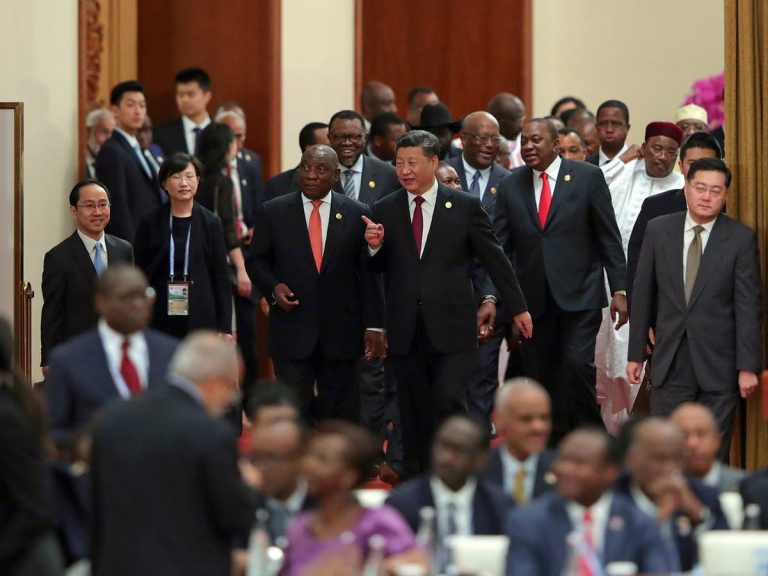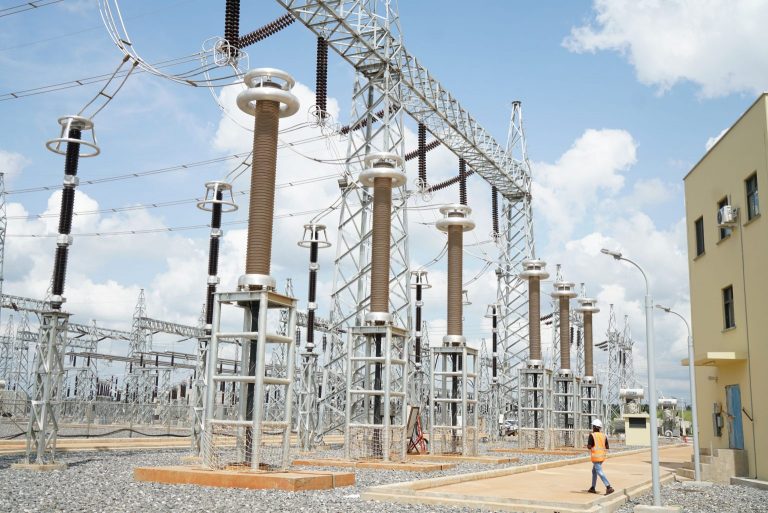By Akanyijuka Clevern
Just 9 days after Uganda gained her independence from Britain, China and Uganda formalized diplomatic relations. This perhaps makes China one of the first countries to have formally straightened diplomatic relations with Uganda. Since then, China-Uganda diplomatic relations have grown from strength to strength and in 2019, the two sides elevated their bilateral relations to Comprehensive Cooperative Partnership!
Guided by principles of sincerity, real results, win-win cooperation, amity and good faith, and pursuing the greater good and shared interests, the bilateral relations between the two countries continue to produce tangible results. In terms of social and economic development, in all measures, one can conclude that while the two sides stand to win from the cordial relations, Uganda is reaping big, thanks to Sino-Uganda relations.
The relationship between China and Uganda are primarily focused on economic cooperation aimed at promoting mutual prosperity. The Ugandan government has created an enabling environment for foreign investors, and Chinese investors are taking advantage of this opportunity to invest in sectors like industry, energy, mining, telecommunications among others.
Indeed, over the last several years, we continue to witness growing trade volume between Uganda and China that in 2022 the time when global trade faced covid-19 pandemic challenges, trade volume between Uganda and China rose by 6.6% standing at 1.13 billion U.S dollars. Recently, Chinese Ambassador to Uganda His Excellency Zhang Lizhong told Ugandan journalists and think tanks that in the first quarter of 2023, bilateral trade volumes between China and Uganda grew by over 28.8% which accounts to 293 million U.S dollars.
Interesting to note is that the importation of manufactured goods like shoes and clothes from China to Uganda continue to decrease while industrial parts, production equipment and machinery being exported to Uganda are on rise according to ambassador Zhang. If critically analyzed, this points to a remarkable progress of Uganda’s industrialization process thanks to government’s favorable conditions and many investments from Chinese investors in that field.
The two sides have made very positive progress in investment projects especially in fields such as infrastructure especially in transportation sector, electricity generation and transmission, oil development and refinery as well as industrialization through introduction of many industrial parks in the country.
Looking at official statistics from both Chinese Embassy and Uganda investment authority, it is evident that Chinese investors remain enthusiastic in investing in our motherland, Uganda. indeed, in 2022, Chinese investments in Uganda reached 131 million U.S dollars making Uganda the 10th country on the continent with the highest number of Chinese investments. This year alone, Chinese investors engaged in food processing, mobile home appliances, and textile entered Liao Shen industrial park and China-Uganda Mbale industrial parks injecting over 85 million dollars in our economy and creating over 2200 jobs for community members. Looking at multiplier effect of such investments, one can safely conclude that Chinese investments in Uganda are positively contributing to building of Uganda’s social and economic development.
In health and agriculture sector, there is no doubt when Beijing argues that China adheres to principles of real results, sincerity, amity and good health when it comes to supporting Uganda’s social-economic development. For example, this year marks the 40th year since China sent her medical team to Uganda. Today, cooperation between the two countries has seen tremendous growth with China sending over 209 medical experts to Uganda, helping in construction of China-Uganda Friendship hospital also known as Naguru Hospital. Currently, talks between Chinese embassy and Uganda’s health ministry are ongoing to upgrade Naguru hospital into a national trauma center.
In sectors such as agriculture and fishing sectors, China’s contribution is visible. For example, the Aquaculture Research and Development Centre Kajjansi also known as China-Uganda Friendship Agricultural Technological Demonstration Centre is one of many vivid examples in China’s role as far as growing and improving Uganda’s aquaculture. In agriculture, through South-South Cooperation Assistance Fund and working with Food and Agriculture Organization (FAO), in 2009 China introduced FAO-China South-South Cooperation (SSC) and has since then been funding agriculture sector in Uganda with over 3.55 million dollars. Today, the project is in its third phase and China has earmarked 2.39 million dollars to further support the sector with aim of benefiting at least 9600 local framers including at least 3000 women. Under phase III, at least 200 Ugandans will be trained and equipped with technical skills to further advance agriculture sector. If analysed, with government’s parish development model, China’s support to Uganda’s agriculture sector has potential to move Uganda to middle income status.
Looking ahead, prospects for even deeper cooperation between China and Uganda seem promising considering Beijing recently declared an intent to increase economic ties with Africa while continuing to move away from “resource extraction” strategies towards more sustainable investment models such as technology transfer and capacity building. Therefore, one is right to conclude that China has played a critical role in Uganda’s social-economic development through its investments, aid, knowledge transfer and capacity building initiatives. While there may be other concerns often fronted by Sino-Africa critics especially in areas such as development assistance extended to African countries, relationship between Beijing and Kampala, remains one of mutual benefit-based principles of sincerity, real results, win-win cooperation, amity and good faith, and pursuing the greater good and shared interests all aiming at building a community of shared future and prosperity in the new era.
Akanyijuka Clevern is a junior Research Fellow at Sino-Uganda Research Centre and a law student.



